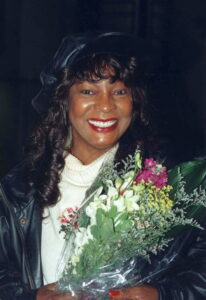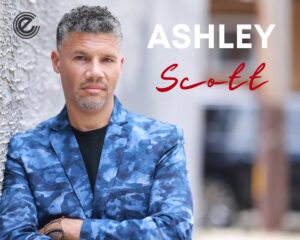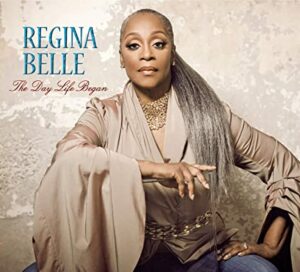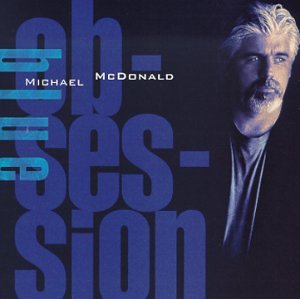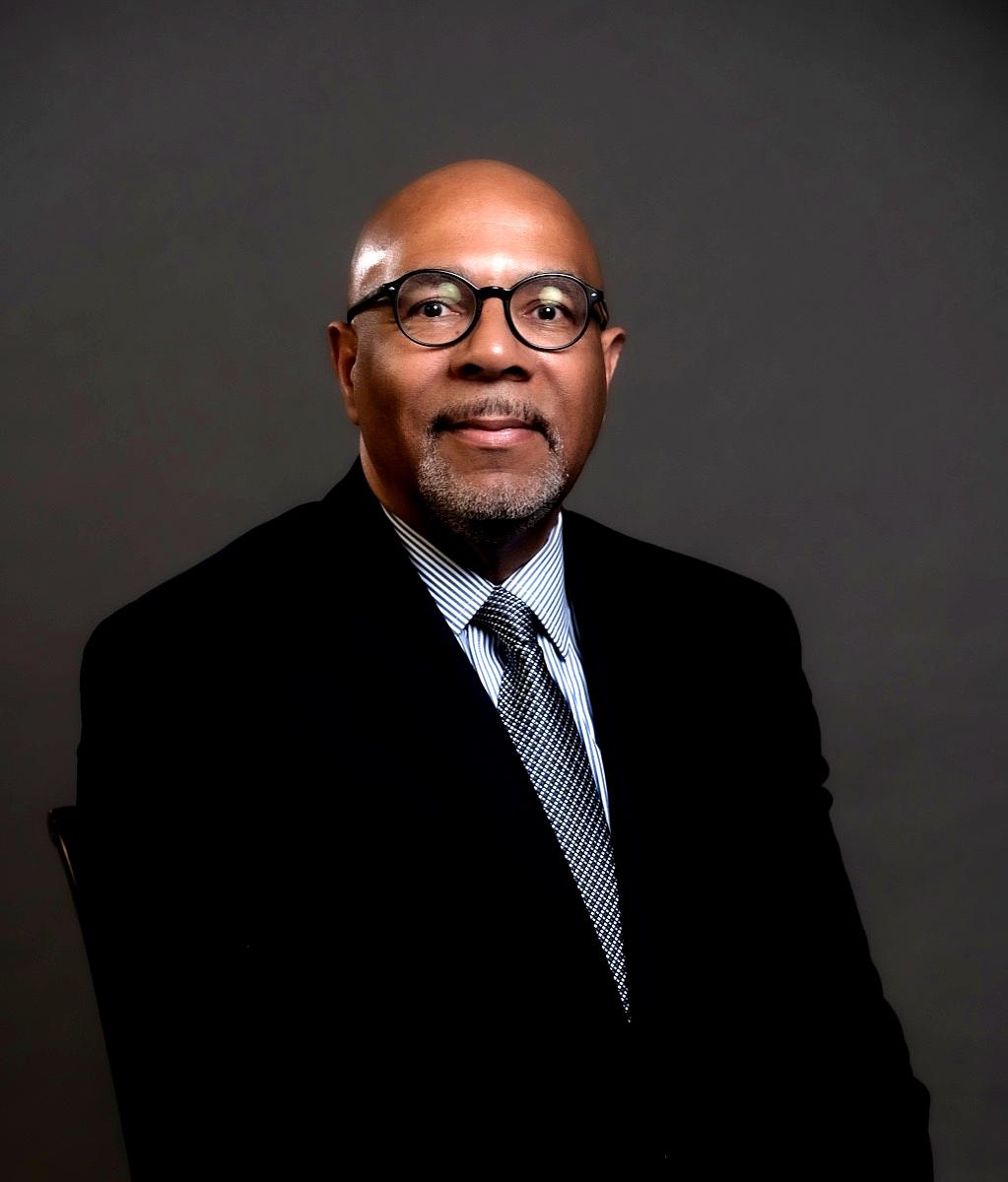It seems that newcomer Jarrod Lawson has almost overnight become a star among soul music aficionados, instantly winning the SoulTracks 2014 Editor’s Choice Award for Album of the Year his first time out. A Pacific Northwestern blue-eyed soul star with a stunning range, smooth tone, a very fine piano technique, and more than a bit of church in his voice, Lawson’s material on his critically acclaimed self-titled debut album showcased a lyricist with an abiding concern for humanity and a strong relationship with his creator. The song selection for his new four-song EP, At the BBC, splits his time between two of his originals and two of his most frequented covers in his live show. While far more restrained than Jarrod Lawson, this sweet, short set of live performances makes an impression and is a lovely introduction of Lawson for those still unfamiliar with this rising talent. And it’s an introduction one would want to make.
While one of the milder tracks of Lawson’s original set, the philosophical “Soul Symphony” does serve as the perfect opening for those unfamiliar with Lawson, expressing the kind of mature jazzy soul artist he is and the spirit lifting material that interests him lyrically. It’s an inspirational ballad, if world-weary in tone, that also works better live, given the enthusiasm Lawson demonstrates for the cut every time he performs it. The original version of “Everything I Need” is the personification of powerhouse vocal soul, with Lawson doing his best Donny Hathaway meets Frank McComb flat-footed belting and major runs throughout its initial presentation. It’s the kind of song that leaves listeners spent after hearing it. However, on the BBC version, Lawson holds back a bit to open up the gospel made secular blues that illustrates more of the cut’s inherent musicality. The piano and acoustic guitar interplay is given more breath and Lawson relaxes into his own composition, having less to prove than perhaps he had on his first outing. What the eight-minute and thirty-three second song now lacks in urgency, it makes up for in ease and a bit more intricacy. Lawson here is an artist comfortable in his musical skin.
The standouts are the EP’s covers, Bilal’s “When Will You Call” and Anthony Hamilton’s “Point of it All.” While Lawson doesn’t lift these cuts from their ample originators, he does match them, no small feat when talking about musical geniuses like Bilal and Hamilton. In choosing more unsung cuts, Lawson is also giving new life to two under-appreciated musical gems that are worthy of more shine. These are some of the most effective ballads in the catalogs of both Hamilton and Bilal, and they both are well served by Lawson’s minimalist arrangements. The spare piano and trumpet places Hamilton’s perfectly melodic valentine lyrics front and center and Lawson trusts them to do the heavy lifting for him. They don’t fail him.
Bilal has perhaps never been given a more fitting homage than Lawson’s sultry lacing of the yearning “When Will You Call.” One of the critical songs from Bilal’s now classic debut album, First Born Second, “When Will You Call” is the kind of timeless song that deserves to be covered often, but is such a signature piece that most artists don’t dare, given how devastatingly emotional Bilal’s performance of it remains. Another eight-plus minute opus of trumpet and piano, Lawson makes the tear-stained ballad cooler and more resolute. He also makes it the jazz standard it should be. It’s a rendition that should be a permanent part of the Lawson repertoire, so fine is the job he does. Bilal must be proud.
In recording this live showcase, Lawson cracks open a door to a critique that was missed given the well-deserved love affair so many had with his flawless voice and stellar keyboard skills, myself included. Lawson needs original material with a stronger ear for melody. In covering songs whose melodies are so strong and unforgettable, Lawson’s own originals are revealed as being loose and well sung, but not as disciplined and melodically tight from a compositional perspective as his talent suggests. As a newcomer there is both time and room for both, and there’s little doubt Lawson will arrive with more infectious and memorable originals in the years to come. In the meantime, the young artist is now two for two in delivering the kind of jazzy soul that mature audiences have been longing for and can here appreciate on repeat again and again. Recommended.
By L. Michael Gipson


